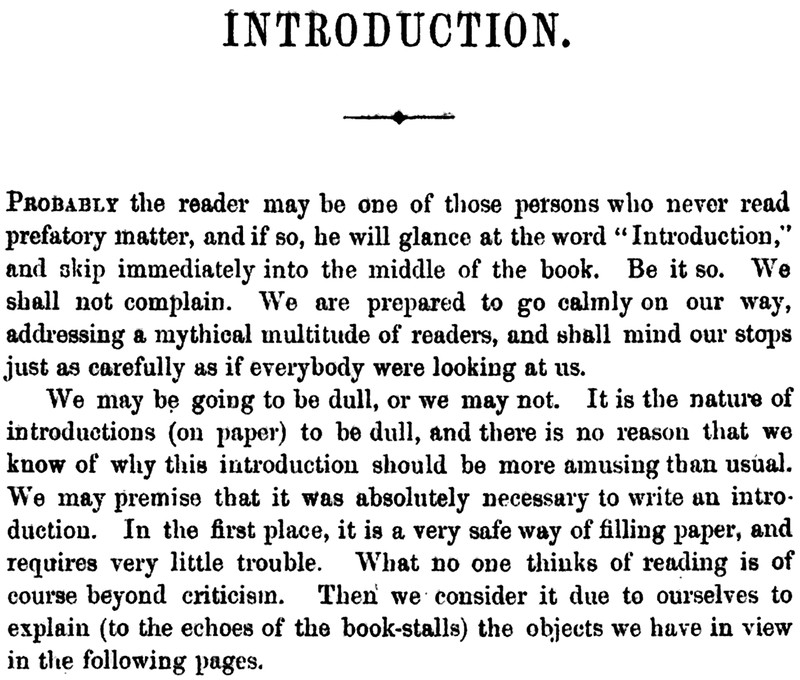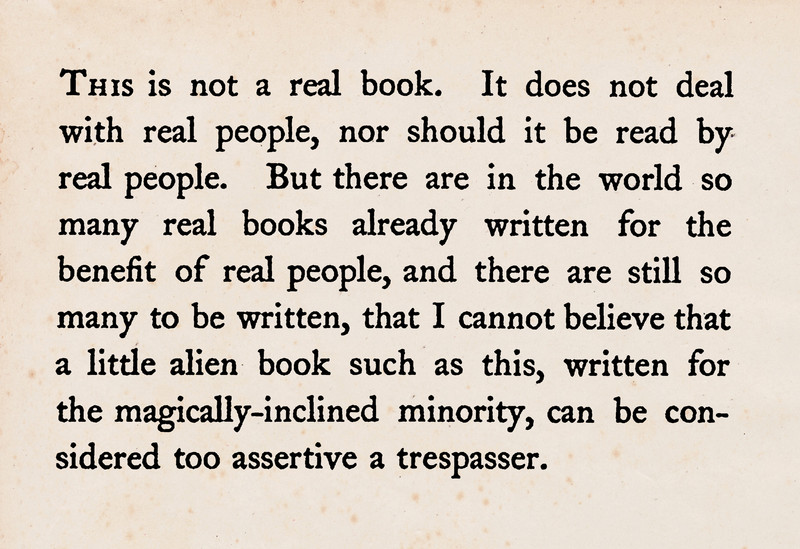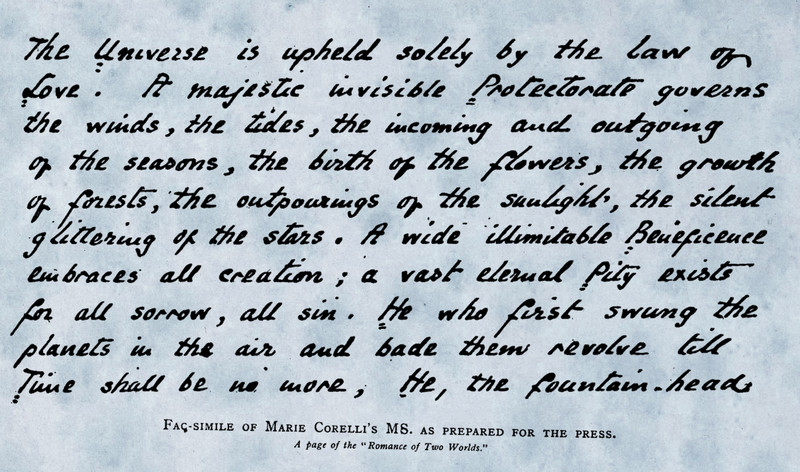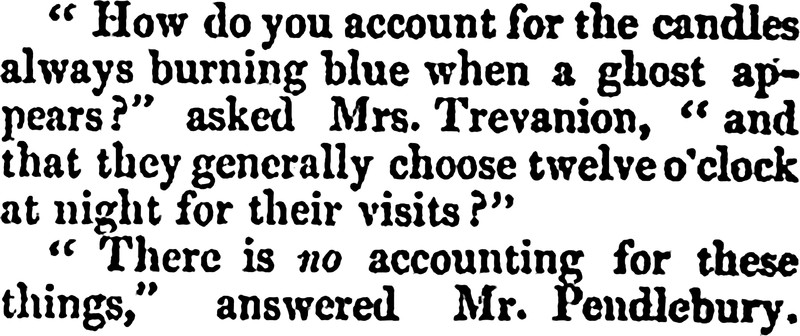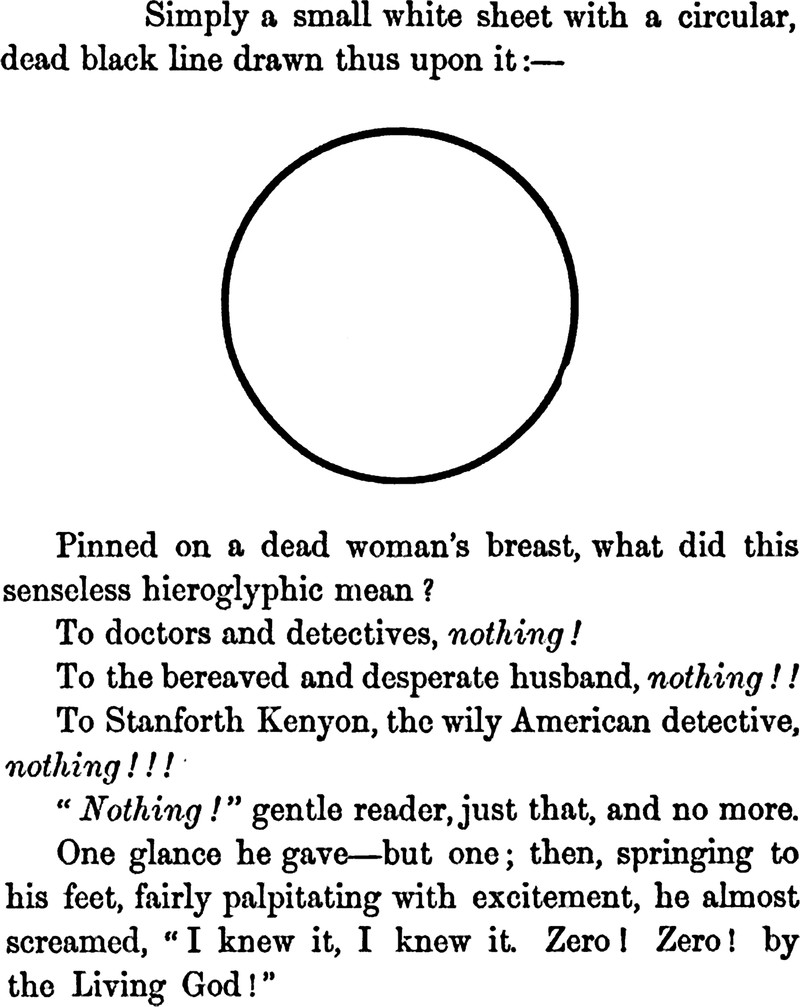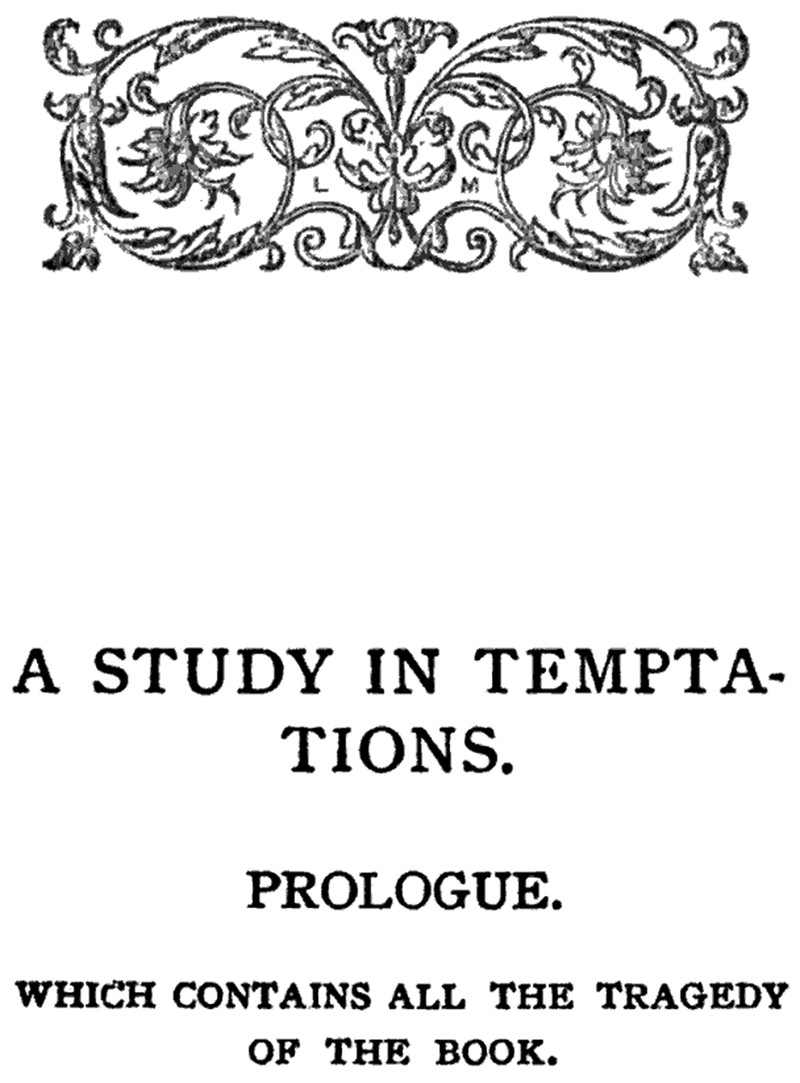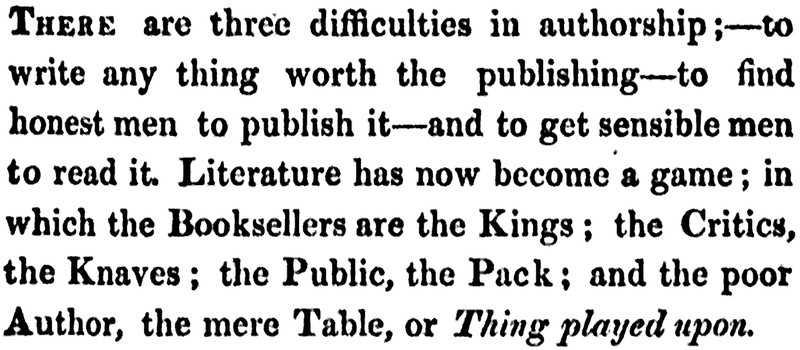I Found a Penny Today, So Here’s a Thought
|


 |
|
|
 |
 |
 |
The introduction to Puffs and Mysteries (a.k.a. A. B. Has Returned, 1855) is addressed to the "mythical multitude of readers," since few ever read prefatory matter. "What no one thinks of reading is of course beyond criticism," so the author safely fills paper while going to very little trouble.
|

 |
One of these ladies is wearing an imposter designer label. (Insert your own "fake news" joke. Having earned a degree in journalism, we bemoan the current degradation of the media. Granted, the press has never in history truly been free; it has always been a propaganda engine, but traditionally there was at least a pretense of objectivity. As La Rochefoucauld famously said, "hypocrisy is a tribute vice pays to virtue." Now it's bare-faced bias. Disgusting!) From Lustige Blätter, 1917.
|

 |
"The love that caught strange light from death's own eyes" —Algernon Charles Swinburne.
|


 |
|
|
 |
 |
 |
"Esoteric students everywhere understand that California is one of the occult eyes of the world, because it still retains the magnetism of prehistoric times, never having been visited by the ice ages or flood, and only in recent geological reckoning being partially purified by fire. Its Sanscrit name is Kali (time) and purna (fulfillment)." From Yermah the Dorado by Frona Eunice Wait, 1897.
|



 |
From literary scalawag Jonathan Caws-Elwitt:
Entomologically speaking, there are antennae on an ant. But etymologically speaking, there is no ant in antennae.
|







 |
We agree -- dump all the tragedy of the book in the prologue. From A Study in Temptations by John Oliver Hobbes, 1893.
|




Page 126 of 171

> Older Entries...

Original Content Copyright © 2025 by Craig Conley. All rights reserved.
|




